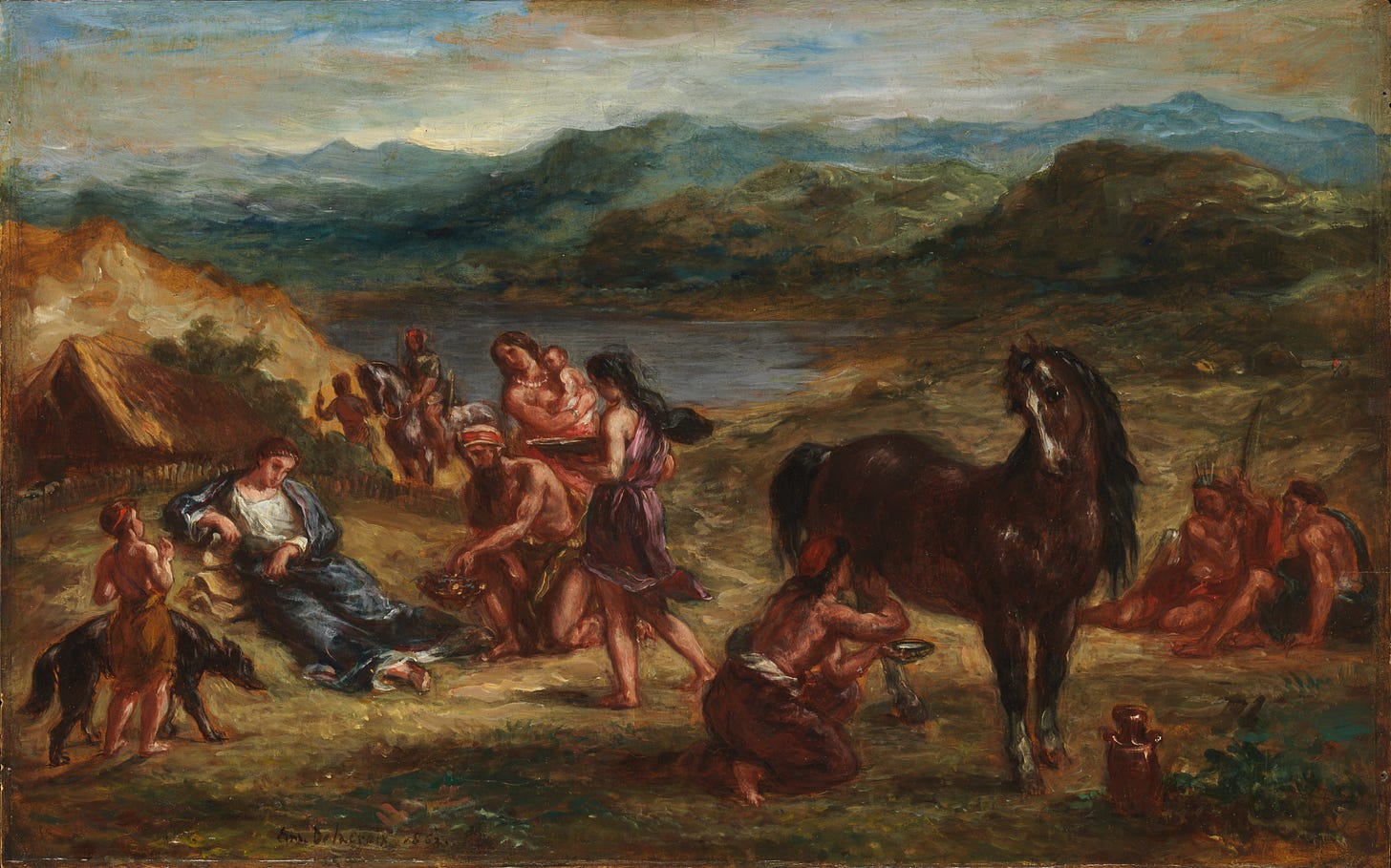In 8AD, Ovid, one of the most popular and accomplished poets in the Roman Empire, was banished to Tomis on the edge of the Black Sea, the margin of the civilised world. Ovid wrote that the Emperor Augustus exiled him because of carmen et error, a poem and a mistake, but the details remain unclear. The witty and urbane poet spent the last nine or ten years of his life in exile. He continued to write poetry, but complained that none of the inhabitants of Tomis spoke Latin and that his expatriation from Rome destroyed his creative genius.
As a Classics student in Sydney, I spent a year reading and researching Ovid’s poetry from exile: Tristia (“Sorrows”) and Epistulae Ex Ponto (“Letters from the Sea”). In these poems, he complains about Tomis, begs for forgiveness, praises the loyalty of his wife and friends, entreats them to ask the imperial family for pardon, and apologises for the tone and quality of his new work.
What follows is not a translation; it’s a dramatic monologue. I tried to imagine what life would be like for a clever, allusive poet deported to the edge of the world, robbed of his homeland, his family, and his inspiration.

I, who stood immovable in Rome,
Am now a fly borne on the Emperor's breath.
To me he's given bareness for a hearth.
He had his reason, now he has my rhyme.
I am to live away from home: in exile.
How long a time in such a little word!
I was the prince of poets; now the lord
Of language in a land where ogres dwell.
When they smile, I see their bloodied mouths,
Exulting in their raw-flesh feast. Their teeth
They sharpen as their blades. It is not thrift,
But murder which gives them their daily meat.
There is no comfort in the whistling wind:
No cave or shelter. When we see a stranger,
We welcome him: acquaint him with a dagger,
And warm our hands above his open wound.
Snow falls like manna: crumbs from God's ashen loaf.
There is no sun, but midnight everywhere.
No trees. No grass. No sound except the choir
Of moans from dying men. I pray for life:
My daughter was a schoolgirl when I left.
Sometimes she'd hide her smile with a book
Whenever I told a worse-than-average joke,
But laughed without reserve when I would lift
Her on my shoulders and into the air.
Then, absolute delight was formed in words
(“Go higher, Daddy! Higher!”) when the winds
Blew softly and the rainclouds were still far.
How long ago was that? Where is she now?
She could be old enough now to forget
The many promises I never kept
And all our yesterdays, all far too few.
Forgive my sadness — I am far from home.
In this vast desert, in endless despair
My memories of freedom burn like stars,
Showing the way to life, to love, to Rome.





Thank you for this captivating window into Ovid. My first peek ever.
A very fine channeling of the poet from wherever his unhouseled spirit now wanders. Ovidian wit and poise in abundance.